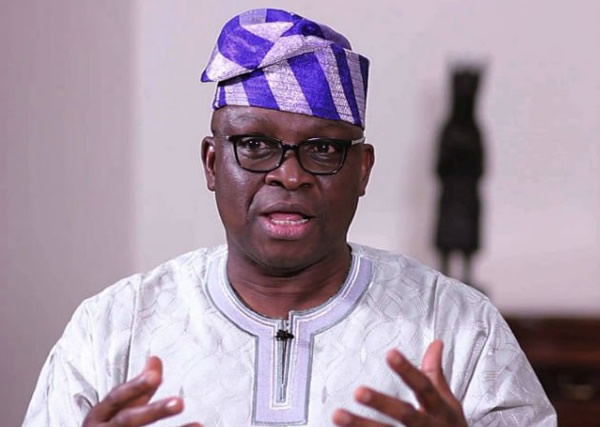Yusuf Rabiu went door-to-door urging people in the northern Nigerian city of Kano to vote for President Muhammadu Buhari in last year’s elections. Now he’s regretting his decision.

“We expected him to solve our economic problems,” Rabiu, a 36-year-old hat seller, said at the city’s Kurmi market as a group of friends nodded in agreement. “I didn’t know voting for him would mean more hunger, more suffering.”
After ending the 16-year reign of the People’s Democratic Party last year in what won praise as a peaceful transition of power in Africa, Buhari is facing a firestorm of criticism. Even some of his ruling party members have met with their erstwhile opponents about forming a new party to challenge him if he seeks re-election in 2019, according to two people familiar with the meetings.
For Buhari, who ruled as a military dictator in the 1980s, 2016 has been a tough year. He pledged the naira currency would become as strong as the dollar — it hit record lows after the central bank removed its peg in May and currently trades at 316 to the greenback. Gasoline prices that were to be slashed by two-thirds have risen about 67 percent since he took office. Now Africa’s second-biggest economy is heading toward its first full-year contraction in a quarter-century, while inflation is at an 11-year high.





